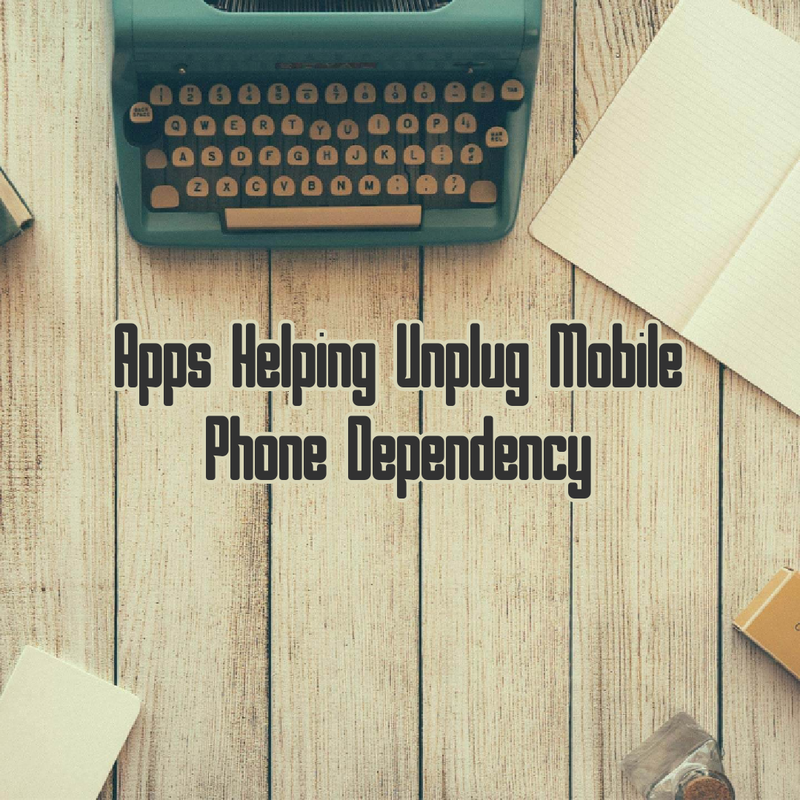
You know how situations go – it happens to a majority of us. You arrive at your work desk Monday morning and you find you have some of last week’s tasks unattended. The boss has to find the work on his desk when he arrives. A phone notification comes in, it’s a Facebook conversation with your circle of friends. They are making fun of how the weekend was for one of the newly hooked up friends. So fun, so joyous! And you dive in. Before you realize its 30 minutes later, you have all been immersed into the conversation and haven’t yet started the task. “Oh, no! What do I tell the boss?” you say quietly as he walks into his office.
It’s common to have distractions arising from uncontrolled phone use. This is something that is troubling many phone users.
Technology, as we know it today, has two faces, it changes the way we do things by creating convenience but it also has a downside in that it brings unwanted social and mental behavioral issues. We may be hooked on our phones, and that’s a reality. Phone addiction has slowly crept into our lives and we cannot deny it.
The notifications we get on our mobile phones from apps like Twitter and Facebook bring jerks of pleasure similar to what people attain from gambling and drugs. Mobile phones have become a staple in our lives, they are an extension of people’s self. Separating users from their devices can sometimes cause irritability, anxiety, and psychological symptoms akin to those of substance addiction.
What Does Research Show?
Talking to CNN Holland Haiis, a digital detox expert said that technological addiction can occur to anyone, it’s unremarkably the novel 21st-century addiction.But smartphones aren’t only creating an unhealthy lifestyle, they are also causing users to waste their time. A senior lecturer teaching psychology, Dr. Sarita Robinson of the University of Central Lancashire, points out that when users add up their phone usage throughout the week, the time drained out can be a huge surprise. You can compare it to what happens after Christmas when you get to the scales and find that you put on so much weight in so little time.
A study presented at the conference of the Radiological Society of North America in 2017 showed interesting findings regarding internet and smartphone addiction among teens. The study looked at teens’ brains who exhibited internet or smartphone addiction and the authors identified certain changes in reward circuits of the teens’ brain, especially the neurotransmitter GABA in relation to other neurotransmitters. After going through sessions of cognitive behavior therapy (CBT) to treat their addiction, it was found that the teens’ brain chemistry went back to normal and they appeared more like those of non-addicted controls.
Tech is doing damage when it comes to the mental health of phone users, but the same technology can unplug the unhealthy phone-use behaviors and the associated phone addiction problems. It may sound a little off, but using apps can offer solutions to this emerging addition problem. There are three apps that may help you limit your time in phone usage and distractions:
BreakFree App
BreakFree helps users to minimize the amount of time they spend tapping on and using their phones. It keeps a tab on the amount of time you spend using apps and making phone calls, and how frequently you unlock the phone. To remind you that whatever you’re doing with your phone could relate to addiction, the app calculates what it refers to as “addition score” from those metrics. It will even send you reminders telling you that you need to slow down. Mrigaen Kapadia, the app's founder had a clean mission with the introduction of the app. Kapadia says that BreakFree aims at allowing people to realize phone company isn’t better than human company. People don’t have to become slaves to technology. BreakFree runs on both iOS and Android devices.
Moment App
A phone-use management tool, Moment app sets your phone’s daily usage limits and it will compel you to put off the smartphone by volleying you notifications to do that. The app tracks the time you spend using your iPad and iPhone every day. A phone user can set the phone usage limit so they are notified when they go overboard. Moment Family helps manage the family’s screen time right from the user’s phone. It helps the family set up their dinner time that is devoid of phone screen tapping. Moment runs on iOS devices.
Flipd App
Individuals wanting an aggressive approach to unplug may consider Flipd app for Android and iOS devices. If you feel you can’t get hold of your phone usage, you can rely on Flidp. It allows users to lock their phone for certain durations. Once an individual locks their phone, they can’t go back to unlock. Even when you try restarting the phone, it can’t disable the app. You can’t just cheat with this one!
Besides, you can remotely flip off another user’s device; this is helpful if you are working as a team to manage your time on phone use. Flips claims that is has managed to help its users save way over 9 million minutes of disruptions translating to 15 years.
To conclude, maybe you have a phone addiction and you don’t seem to know what to do. You have tried all ways and although the BreakFree app you are using to beat this behavior has shown some positive results, you still can’t untie yourself. You may want to seek the help of one of the trusted 12 step recovery programs to begin the journey to recovery from your phone addiction and other mental problems you may have developed during that time.

Nice article,enjoyed reading it!
ReplyDeleteThis comment has been removed by a blog administrator.
ReplyDelete